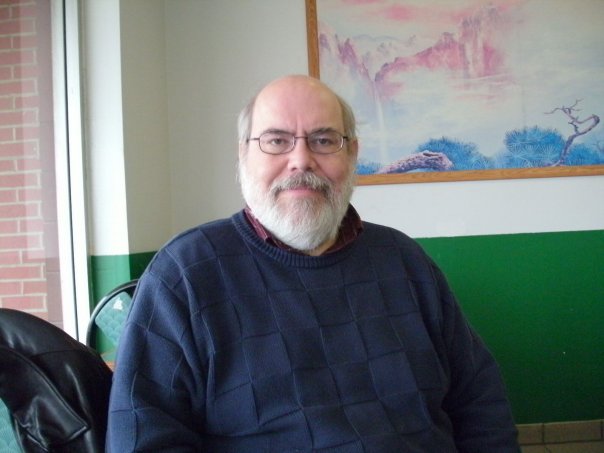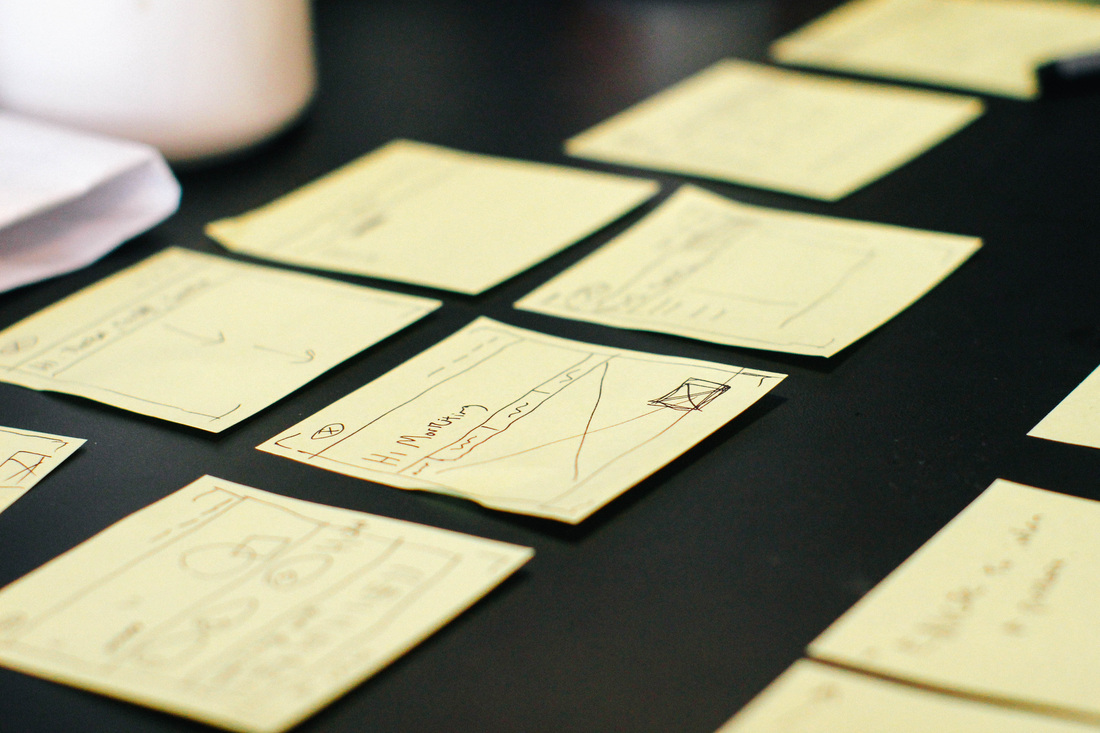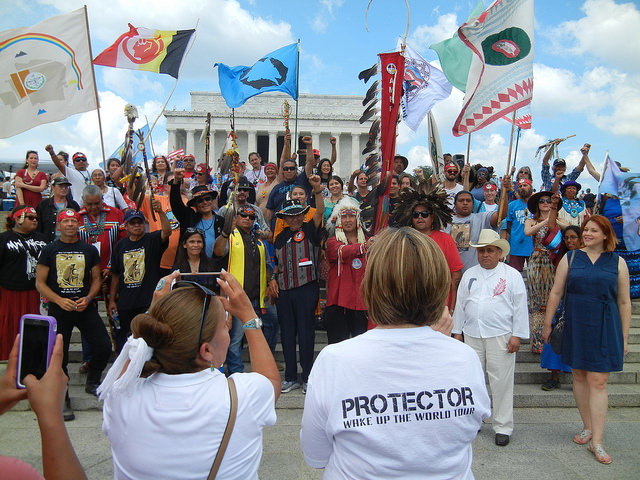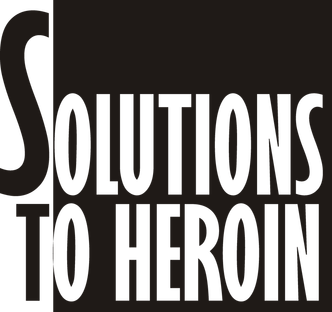|
Any problem.
Any population. Human Intervention gets you to your goal. Paul Komarek helps communities, non-profit agencies, small businesses and government agencies create sustainable solutions to tough problems. The result is more functional service systems, and programs that transform people’s lives. Paul's new book is the second edition of SHARP Stop Heroin and Rescue People. SHARP is the first coherent approach to the drug overdose epidemic. Paul's work with families and treatment teams reveals how heroin, fentanyl, and other drug use exploit system weaknesses, not just the vulnerabilities of the people using drugs. The good news is that systematic rescue is possible. And now there is proof that the approach works. Learn more at www.SharpStopHeroin.com. Paul is also the author of Defying Mental Illness: Finding Recovery with Community Resources and Family Support, the book that makes mental health recovery accessible to everyone. Updated annually to reflect the changing healthcare environment. Learn more at www.DefyingMentalIllness.net. Download Paul Komarek's Professional Profile |
Services
Current Projects
|
Paul Komarek is supporting Longest Walk 5, a series of walks across America. The effort was initiated by Dennis Banks, co-founder of the American Indian Movement. We will share solutions to addiction, suicide, and other effects of historical trauma. Learn more at http://www.longestwalk.us
|
Paul Komarek is working with Dr. Jeremy Engel and community groups in Northern Kentucky to address the heroin epidemic. We know there is a path to safety. We can rescue people, and support them in a positive, safe world. Learn more at www.solutionstoheroin.com
|
National Warmline Project
Developing Service Systems for Social Support
Paul Komarek is part of the leadership team at www.warmline.org. What's a warmline? The concept is evolving. Originally, these telephone lines were set up to help people with significant mental health concerns connect and support each other. But nowadays, warmlines are increasingly seen as a way to address loneliness and social isolation. The U.S. Surgeon General says loneliness and isolation are as deadly as cigarette smoking. Everybody needs social support.
My Neighbor's Place
Communities and Poverty, Systems and Social Support
What does addressing the "social determinants of health" look like in real life? What should communities do about the link between trauma and poverty? Since 2021, Paul Komarek has been working as a program consultant at My Neighbor's Place, a faith-based community center, food pantry, and community clothes closet in Cincinnati's Westwood neighborhood. He meets with program clients, volunteers, leadership, and staff, and assists with the mission of addressing the full range of issues encountered in neighborhoods today, from housing to healthcare, to public benefits and poorly functioning support systems.
My Brother's Keeper
Youth Development in Foster Care
Kids in foster care face so many challenges. Troubled family circumstances, trauma, and poverty may be common elements, but these are just part of the single most important task of childhood: simply growing up. How does a foster care provider help support normal human development while coping with licensure issues, program requirements, documentation workloads, and the changing regulatory environment? Paul Komarek helped My Brother's Keeper, a Cincinnati foster care home, with its CARF accreditation process as it transitioned to a Qualified Residential Treatment Program (QRTP), and has stayed on as Quality Control Director. A key program goal is keeping childhood as normal as possible for each of the children who are served.
Developing Service Systems for Social Support
Paul Komarek is part of the leadership team at www.warmline.org. What's a warmline? The concept is evolving. Originally, these telephone lines were set up to help people with significant mental health concerns connect and support each other. But nowadays, warmlines are increasingly seen as a way to address loneliness and social isolation. The U.S. Surgeon General says loneliness and isolation are as deadly as cigarette smoking. Everybody needs social support.
My Neighbor's Place
Communities and Poverty, Systems and Social Support
What does addressing the "social determinants of health" look like in real life? What should communities do about the link between trauma and poverty? Since 2021, Paul Komarek has been working as a program consultant at My Neighbor's Place, a faith-based community center, food pantry, and community clothes closet in Cincinnati's Westwood neighborhood. He meets with program clients, volunteers, leadership, and staff, and assists with the mission of addressing the full range of issues encountered in neighborhoods today, from housing to healthcare, to public benefits and poorly functioning support systems.
My Brother's Keeper
Youth Development in Foster Care
Kids in foster care face so many challenges. Troubled family circumstances, trauma, and poverty may be common elements, but these are just part of the single most important task of childhood: simply growing up. How does a foster care provider help support normal human development while coping with licensure issues, program requirements, documentation workloads, and the changing regulatory environment? Paul Komarek helped My Brother's Keeper, a Cincinnati foster care home, with its CARF accreditation process as it transitioned to a Qualified Residential Treatment Program (QRTP), and has stayed on as Quality Control Director. A key program goal is keeping childhood as normal as possible for each of the children who are served.






